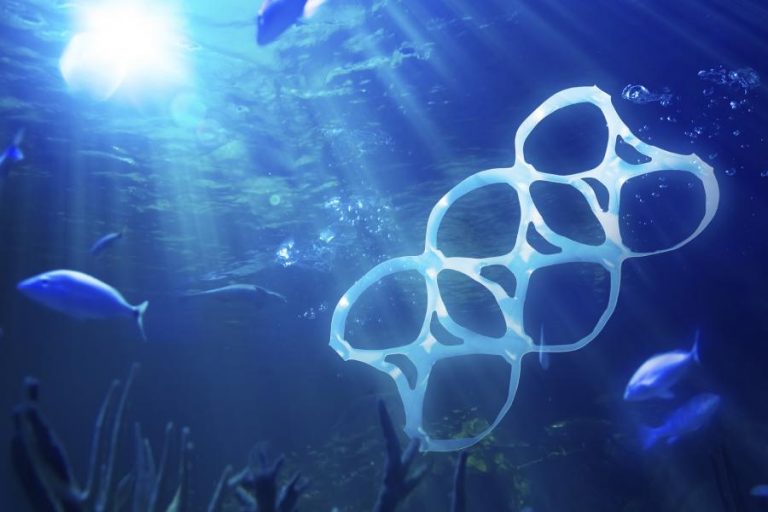Daytona Beach, Fla. – July 7, 2016
For an angler, the ocean is not just a place to go fishing. To an angler, the ocean is a reason for getting up in the morning, it’s a driving force, it’s part of their DNA.
In recent years, the growing mounds of discarded plastic and trash have threatened the oceans’ well-being, from poisoning marine life to polluting the shorelines. Anglers and the products they buy are on the front lines to help fight this problem head on, as the fate of the oceans and our future enjoyment of those waters hangs in the balance.
At the American Sportfishing Association’s International Convention of Allied Sportfishing Trades (ICAST) event July 13-15 in Orlando, Costa, a company committed to sustainable sport fishing practices and ocean conservation, will once again bring ocean trash issue to the conversation forefront. The brand will lead a roundtable panel discussion, open to all registered trade show attendees, for sportfishing industry thought leaders and outdoor brand representatives to share best practices on ways to reduce their own plastic footprint through innovative product design, manufacturing process changes, and packaging and shipping solutions.
The panel discussion, “The Outdoor Industry Kicks Plastic: Cleaning Up Our Own House First,” will be held Thurs., July 14, from 9 – 10:30 a.m. in Room W313, outside of Hall B4 on the third floor of the exhibit hall. Brand representatives from Patagonia, Saltwater Brewery, GoPro, and Journey South Outfitters will join Costa to weigh in on how they’ve successfully changed their products and business practices to reduce plastic usage, and discuss ways the sportfishing industry can play a meaningful role in addressing the problem and changing behaviors. A continental breakfast will be provided.
“When we launched the Kick Plastic campaign last year, we knew we, as anglers, would be the ones leading the charge to help people understand how we can reduce the amount of plastic debris ending up in the ocean,” said Al Perkinson, vice president of marketing for Costa. “At ICAST, we can come together as an industry to discuss this issue more deeply, and start to form some real solutions to help alleviate this problem – starting within our own businesses.”
In addition to hosting the roundtable discussion, Costa will also once again use art to illustrate life, by bringing the Washed Ashore Project’s mako shark sculpture to the ICAST entrance hall. Last year, a giant marlin made entirely of plastic debris greeted ICAST attendees to help them understand the gravity of the plastic problem in the oceans.
The Washed Ashore Project is an Oregon-based non-profit which builds sea life art sculptures using plastic marine debris found on Pacific beaches. The mako shark sculpture named “Finn,” is currently on display at SeaWorld, where park guests can learn about the plight of sharks, the role they play in the health of the ocean, and how to help protect this important species.
All of the Washed Ashore trash sculptures are made entirely from hard, non-biodegradable plastics such as water bottles, combs, flip flops and plastic containers. The mako shark sculpture is built from some of the ocean’s biggest pollution offenders: plastic water bottles and Styrofoam peanuts, as well as buoys and nets picked up off the beaches.
For more information about the Washed Ashore Project’s sculptures and exhibits, visit www.washedashore.org.

